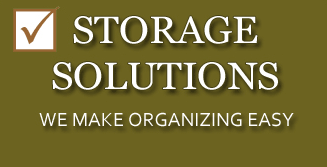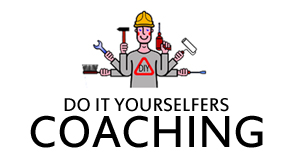Website Designed By


10 COMMERCIAL & RESIDENTIAL SERVICES
New Clients I About Us I Starter Guide I Portfolio I Affiliates I Tips & FAQ I Lighting I Shop I News I Careers I Contact Us



We'd Love to Hear About your Home and Business Projects!!







Contact us or call to find out how we can help.
JBailey.message@gmail.com
JBailey.message@gmail.com

We're in your community!!
Storage Solutions Home I Organizing Services I Custom Closet Design I The Organizing Process

Links










When you work with a professional organizer from Capital 10, having two (or more) people will help you to accomplish at least 3 times what you could alone. Also, making plans with someone else will establish a definite starting time to protect against procrastination and force you to make whatever plans are necessary to make effective use of that time. Many of our clients tell us that scheduling a session got them to be more motivated and excited about making a change in their lives.
We Stay Focused
Undoubtedly many distractions will arise as you start going through your stuff. If you allow yourself to act on every distraction, you will not get any more organized. We create a category for "To Be Done," place anything that needs attention into that category and continue organizing. Later, after you have made progress organizing, you can come back to the TBD's and quickly dispatch them one after the other. Follow the first one through to completion (if possible) before starting on another.
We Start with the Big Picture
We do macro-sorting before doing micro-sorting. It's important to not get bogged down in details at the beginning. Start with broad, general classifications, and sort everything into those categories. You can always go back later, create sub-categories, and further sort as necessary.
We Label Everything
We put a clearly legible label on everything, even temporary sorting bins. You may spent hours sorting something, and, if the job is too large to finish in one day, come back to it days or months in the future. If things are not labeled, you will have no idea what you have already sorted and what you have not. People spend considerable time re-examining stuff that has already been processed.
Also, if you are working with someone else, it is doubly important to label, so that your partner can quickly and clearly understand how things are to be sorted. In our work as professional organizers, we are always careful to put detailed labels on everything, because we know that someone else will be using those labels to locate things.
Follow Through
Once you make a decision to get rid of something, make sure you remove that item from the premises as soon as possible. Make this a priority! Deliver unwanted items to a charity and take bags of paper to recycling as soon as you can. This will free up the physical and emotional space taken up by these objects. Furthermore, if the object stays around for too long, especially if it is not labeled (see "Label Everything," above), it is likely that you'll end up going through it again in the future.
We are Aware of Emotional Issues
As you organize, you will be going through many of your possessions, and it is possible that you will have some emotional response to some of the items. This is normal. You may encounter photographs of deceased loved ones, photographs of ex-lovers, reminders of painful or joyful times in your past. You may feel sadness, fear, anger, joy, shame, or other emotions. The combined emotional effect of many different items can sometimes be overwhelming.
Regarding the emotional issues, we recommend following the saying "Feel the fear and do it anyway." The same advice applies to any emotion. If you have a strong emotional response to an item, you may not be ready to let it go. In you're uncertain, put it in the TBD box, and continue organizing.
Specific Suggestions
Paperwork
When working with paperwork, remember that the statute of limitations for tax documents is seven years. Anything older than that can usually be chucked with no worry. Also, banks, stock management companies, credit companies, and other institutions that send monthly statements usually send you an end-of-year summary. If you have that summary, all the statements of that year are redundant, and can usually be shredded with impunity.
Beware the "S" word: Someday
It is generally not a good idea to keep something just because you might need it someday. If you haven't opened a container for years, or since the last time you moved, then the territory is ripe for reduction!
When you are considering getting rid of something, ask yourself how difficult it would be to replace if you do ever need it in the future.
A chronic tendency to hold on to too many things comes not so much from the fear that you'll need it in the future, but from the fear that if you ever need it, you will not have the resources to obtain it. It is sometimes freeing to let something go, because that says that you trust yourself to be able to get something if you ever need it in the future.
Easy Clutter Controland Practical Ideas for Organizing
Working with a Organizer from Capital 10 Interiors